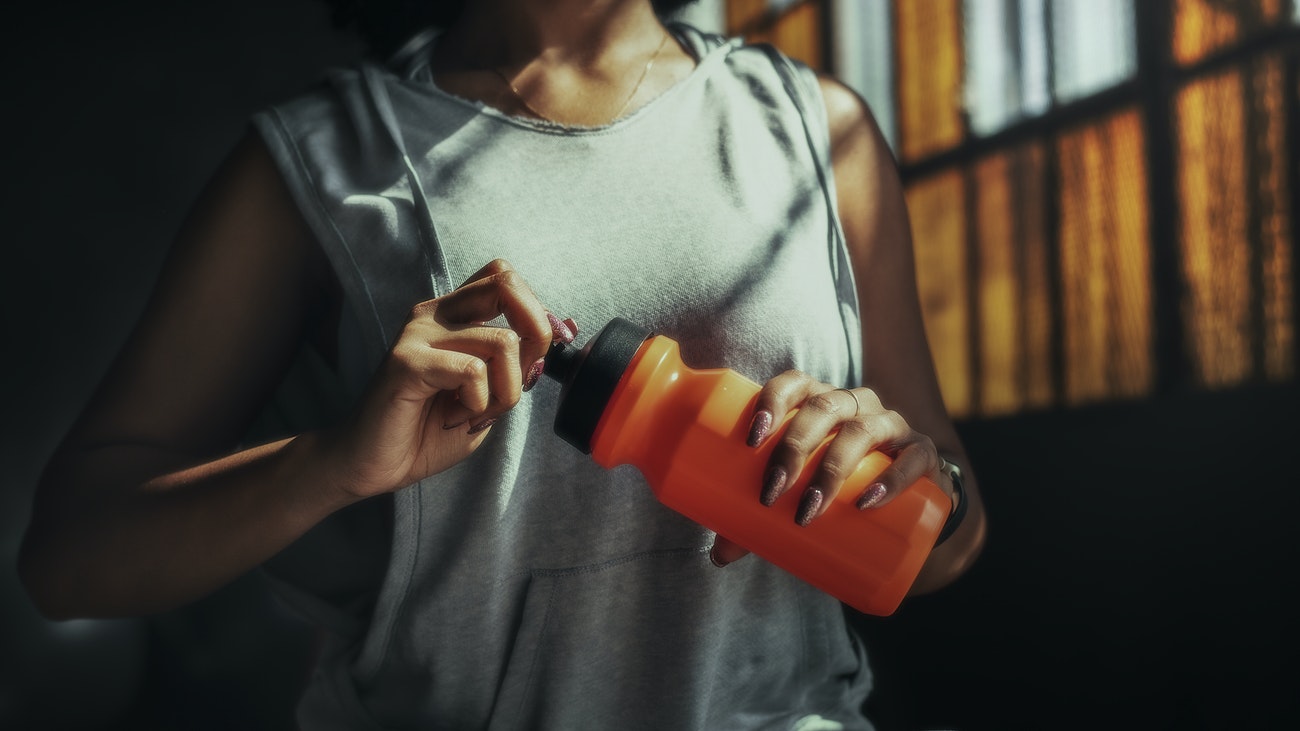
What You Need to Know About Hydration
H2O or hydrogen oxide (more commonly known as water), is the molecule of life. It is made up of two hydrogen atoms bound to one oxygen atom. It is primarily a liquid at ambient temperature and is responsible for keeping us hydrated. The amount of water in the human body averages between 50%-75% depending on a number of factors including age, height, weight, gender, etc. so it’s no wonder this liquid is essential for optimal functioning. Water is responsible for regulating our body temperature, transporting nutrients, eliminating waste and lubricating our joints. A lack of water in the body can cause mild dehydration, resulting in headaches, dizziness and muscle cramps. However, more serious symptoms of extreme dehydration include decreased organ functioning, toxicity in the body which may even result in death.
How do I know if I am dehydrated?
A good indicator of your level of hydration is the colour of your urine. Check to see that it is colourless or light yellow. Amber or dark yellow urine may mean that you are not drinking enough water. If you discover blood in your urine (haematuria) make sure you seek urgent medical attention as this could be a result of an acute infection or other chronic diseases. Another way to check how hydrated you are is to pinch the skin on the back of your hand and it should bounce back quickly. If it maintains its shape for a few seconds before slowly dropping down, you may be dehydrated. Other symptoms of dehydration include:
- Dry mouth/ thirst
- Headache/ dizziness
- Nausea/ vomiting
- Muscle cramps/ spasms
- Fatigue
- Constipation/ decreased urine output
- Delirium/ loss of consciousness/ seizures
- Heart palpitations (hard, rapid heartbeat)
What are the benefits of keeping hydrated?
- Increased energy, mood and brain function
- Maintains regularity by aiding digestion
- Boosts your immune system reducing your risk of colds, flus, disease and heart attack
- Keeps joints lubricated
- A more youthful appearance as water plumps up the skin
- Weight loss by reducing hunger, boosting metabolism and flushing out the by-products of fat
- Save money as water is free!
So how much water should I be drinking?
Every individual will require different amounts of water to stay hydrated, depending on their age, height, weight, gender, etc. Other factors such as temperature, physical activity and medications also need to be taken into consideration as these will vary how much water is lost during urination, sweating and breathing. You may also need to up your fluid intake if you are sick with vomiting and/or diarrhoea as this can cause dehydration. As a general rule, we should aim to be taking on 2-3 litres of liquid every day to keep our cells hydrated and our bodies functioning optimally.
Helpful tips to stay hydrated:
- Drink a glass of water upon rising
- Take a reusable drink bottle with you wherever you go and sip throughout the day
- Draw markers on your drink bottle with how much water you should have drunk by certain times of the day
- Squeeze in some fresh lemon or place in some cut up fruit (strawberries and mint go nicely) to add a hint of flavour
- Have a herbal tea in between meals
- Drink plenty of water before and after exercise
- Eat foods with a high water content such as watermelon, cucumber or soup broths
- If you really struggle to remember to drink water, set a reminder on your phone or have triggers throughout the day such as one glass before meals
- Drink when you are hungry as thirst can often be confused for hunger
- Avoid having too many sugary or caffeinated drinks as these can have a diuretic effect (cause you to lose fluid by increasing the need to go to the bathroom)



